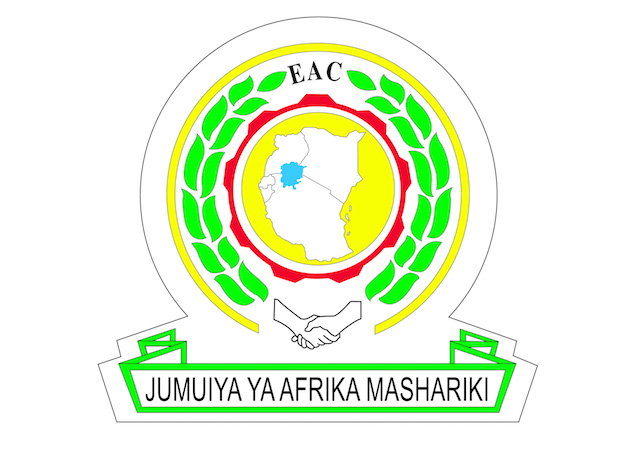
EALA to sit in Arusha next week
East African Legislative Assembly; Tanzania; 19 May 2017:
The East African Legislative Assembly (EALA) holds its sitting in Arusha, Tanzania, next week. The Sixth Meeting of the Fifth Session of the Third Assembly takes place from Monday, May 22nd, 2017 to Thursday, June 1st, 2017.
The Speaker of the Assembly, Rt Hon Daniel F. Kidega, shall preside over the Sitting. Significantly, this is the last Sitting for the 3rd Assembly, whose life and tenure ends on June 4th, 2017.
A number of issues are to be deliberated on at this Sitting. The key highlights include the reading of the EAC Budget Speech for the Financial Year 2017/18 and consideration of 2 key Bills, the EAC Sexual and Reproductive Health Bill, 2016 and the EAC Polythene and Materials Control Bill, 2016.
The Budget Speech for the Financial Year 2017/18, is expected to be delivered by the Council of Ministers on Thursday, May 25th, 2017, by the Chairperson of the Council of Ministers. Last Year in June, EALA debated and passed the 2016/17 Budget totaling $101,374,589. The 2016/2017 Budget themed Towards Full Implementation of the EAC Common Market Protocol and Enhancing the Implementation of the Monetary Union Protocol was a drop down from USD $110,660,098 presented to the House in the previous Financial Year. It prioritized on the full implementation of the EAC Single Customs Territory, enhanced implementation of the EAC Common Market Protocol and interconnectivity of border immigration systems.
This Sitting shall also debate on the EAC Sexual and Reproductive Health Rights Bill, 2016. The Bill moved by Hon Dr Odette Nyiramilimo, anticipates provision of legal framework for matters relating to sexual and reproductive health, to protect children, adolescents and young children from sexual abuse and other forms of exploitation.
The EAC Polythene Materials Control Bill, 2016 on its part, moved by Hon. Patricia Hajabakiga, aims at providing a legal framework for the preservation of a clean and healthy environment through the prohibition of manufacturing, sale, importation and use of polythene materials. The Bill was re-introduced during the Sitting held in August 2016 in Arusha, Tanzania.
The Session marks the end of the 3rd Assembly with a new Assembly expected to be sworn in on June 4th, 2017. EALA is the regional Legislative Assembly of the East African Community. Under Chapter 9 of the Treaty, EALA is mandated with core functions of Legislation, approval of the EAC budget, Representation and Oversight.
- ENDS -
For more information, please contact:
Bobi Odiko
Senior Public Relations Officer
East African Legislative Assembly
Arusha, Tanzania
Tel: +255-27-2508240
Fax: +255-27-2503103
Cell: +255-787-870945, +254-733-718036
Email: BOdiko [at] eachq.org
Web: www.eala.org
About the East African Legislative Assembly:
The East African Legislative Assembly (EALA) is the Legislative Organ of the Community and has a cardinal function to further EAC objectives, through its Legislative, Representative and Oversight mandate. It was established under Article 9 of the Treaty for the Establishment of the East African Community.